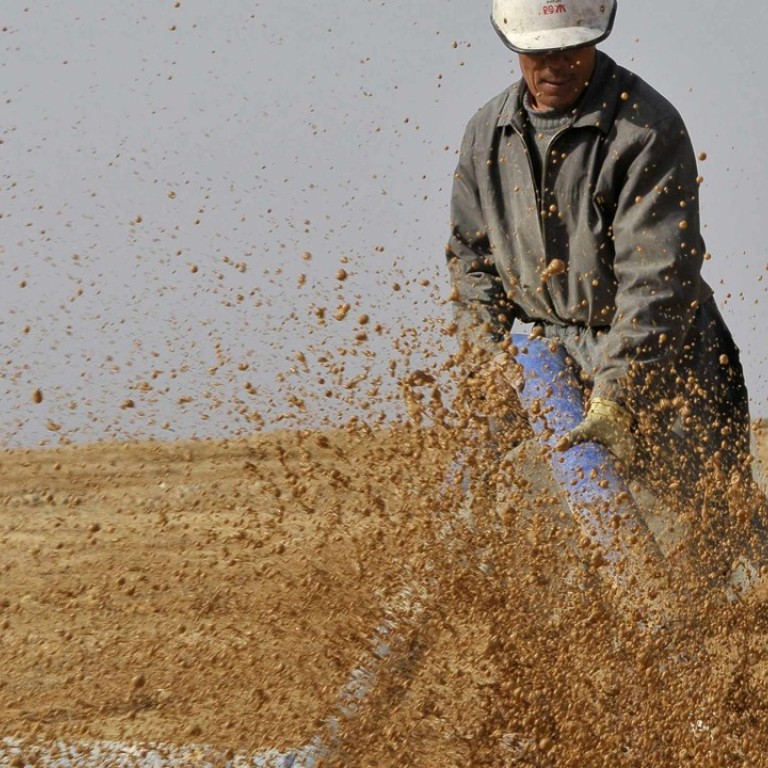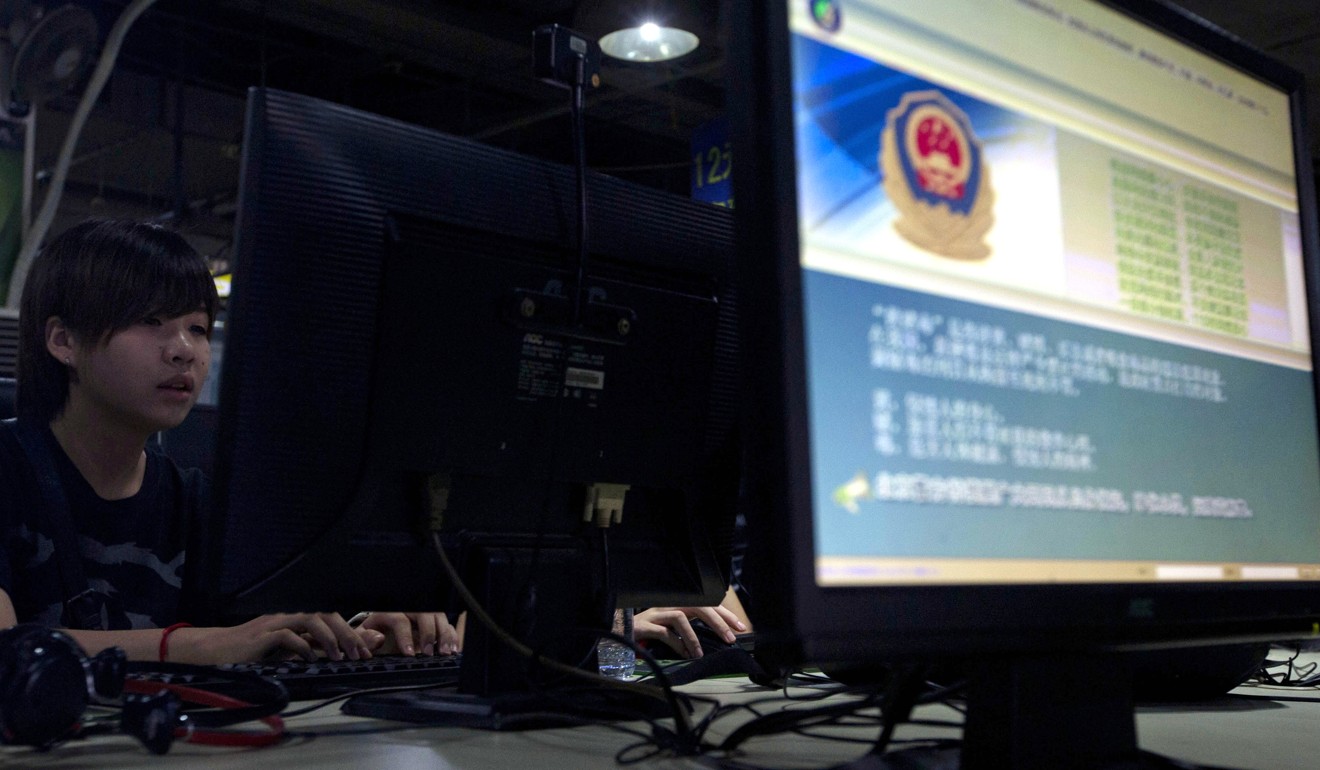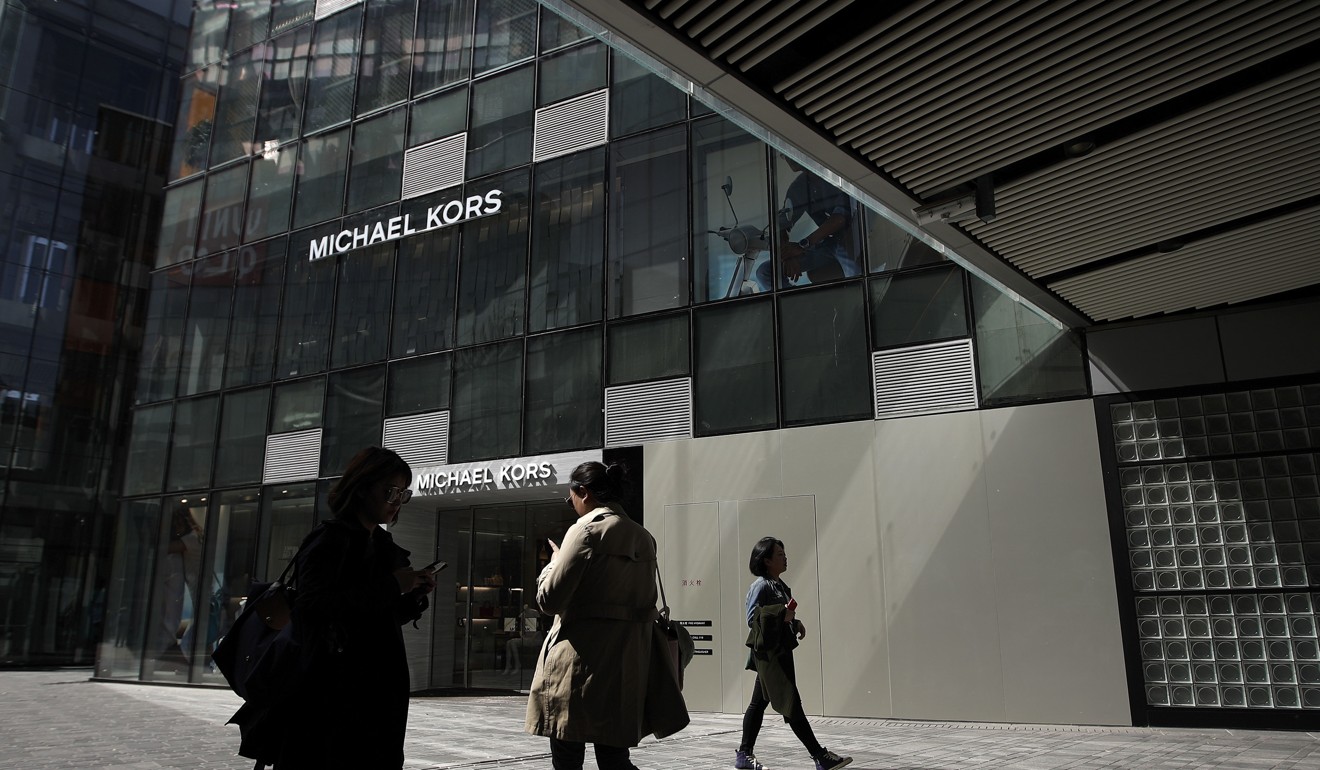
Beijing welcomes Wall Street, but bans Hollywood, in ‘openness for business’ push amid trade spat with Trump
Foreign investors will for the first time be allowed to build ships or produce rare earth metals
Beijing on Thursday further reduced restrictions on foreign companies, at a time when Washington has stepped up tariffs on Chinese merchandise and threatened investment curbs.
The 2018 negative list, which details specific areas foreign companies are banned or restricted to invest in, was shortened to 48 items from 63 last year, according to a circular jointly released by the National Development and Reform Commission and the Ministry of Commerce.
While some measures have been announced, such as allowing foreign control of financial institutions in the hope of luring Wall Street money to the country, foreign investors will for the first time be allowed to build ships or produce rare earth metals under the new regulation due to take effect from July 28.
China’s foreign ownership cap on new vehicle plants will be removed in 2018 to pave the way for foreign automakers such as Tesla to have a wholly-owned plant in China, while foreign ownership restrictions on sedan plants will be removed by 2022, according to the document.
But sectors like new production, distribution, and broadcasting will remain off limits for foreign investors. Hollywood has been trying to penetrate China’s movie market, but Beijing will continue to ban any foreign investments in studios and film distribution. The only areas where foreign investors are allowed are cinema construction and operation. However, these must be joint ventures, in which the majority stake is controlled by Chinese, according to the “negative list”.
The shortening of a negative list for foreign investors came as Beijing is trying hard to show that the world’s second largest economy will be open for business.
“The cut is quicker and larger [than expected] against the backdrop of heightened trade tension with Washington, but it can hardly ease the bilateral friction,” said Ding Shuang, chief Greater China economist with Standard Chartered Bank.

Fair competition remains a key concern as the Chinese authorities have been criticised for offering subsidies or other support for state-owned enterprises through such programmes as Made-in-China 2025, Ding said.
“The US can’t tolerate market distortions caused by government subsidies,” he warned.
The Trump administration had previously planned strict restrictions on Chinese investment. But its tone softened slightly earlier this week, with only legislation proposed to empower the Committee on Foreign Investment in the United States and target all countries stealing US technology.
“The Chinese investments in the United States are increasingly directed by the government to focus on areas that are important to its strategic economies and industrial advancement, which constitutes a long-term threat to the US economy and national security,” said Lester Ross, a managing partner of US law firm WilmerHale.
There are also worries over reciprocity, which affected business opportunities and profitability. “China doesn’t open up that much,” Ross said.
For instance, “Chinese law firms can invest in most parts of the United States, but US law firms can’t do that here in China. Sure, that’s a lack of reciprocity,” he said.
Legal practice is one of 48 items appearing on the newly-released negative list.

Louis Kuijs, chief Asia economist of Oxford Economics, said the negative list doesn’t eradicate all the concerns of business communities.
“This is addressing concerns in one dimension… There are complaints over other aspects. … such as technology transfer, and the lack of reciprocity.”
The world’s second largest economy has tried to brand itself as committed to opening up and upholding the free-trade system, against growing trade protectionism from across the Pacific.
“Beijing definitely does not want this to be seen as a bilateral move to please the Trump administration,” he said.
This, however, might be a chance to win over the support of European entrepreneurs as their market access demands are partly fulfilled.
“It’s easier for China to find common ground with the EU,” Kuijs said, adding US complaints are “broader” and “more complicated”.
Beijing and the Obama administration were once close to reaching a bilateral investment treaty after more than 20 rounds of talks. The proposed treaty was shelved after President Donald Trump was sworn into office in January 2017.

